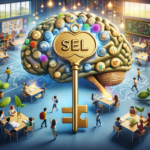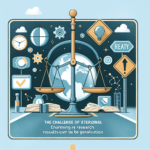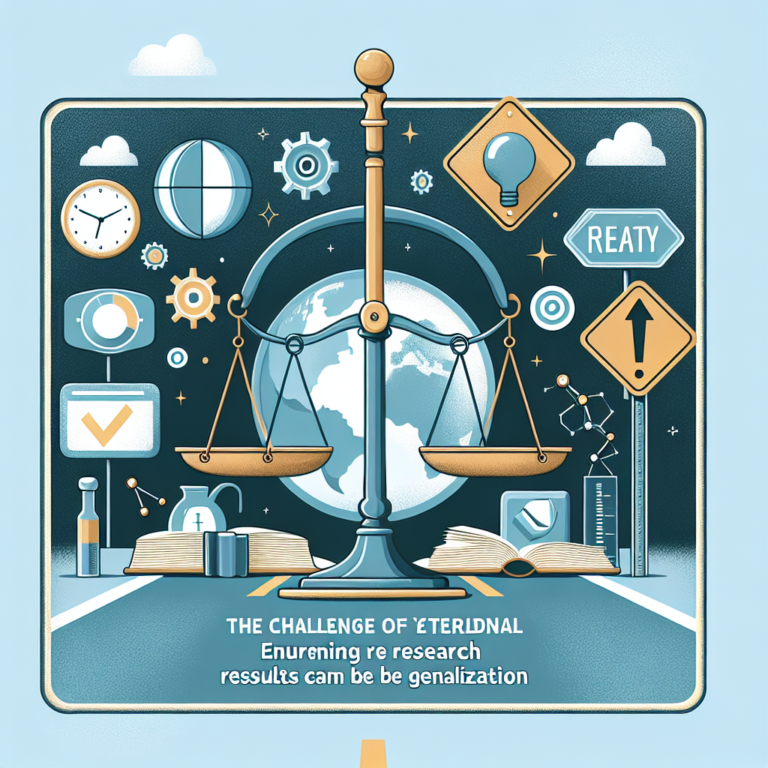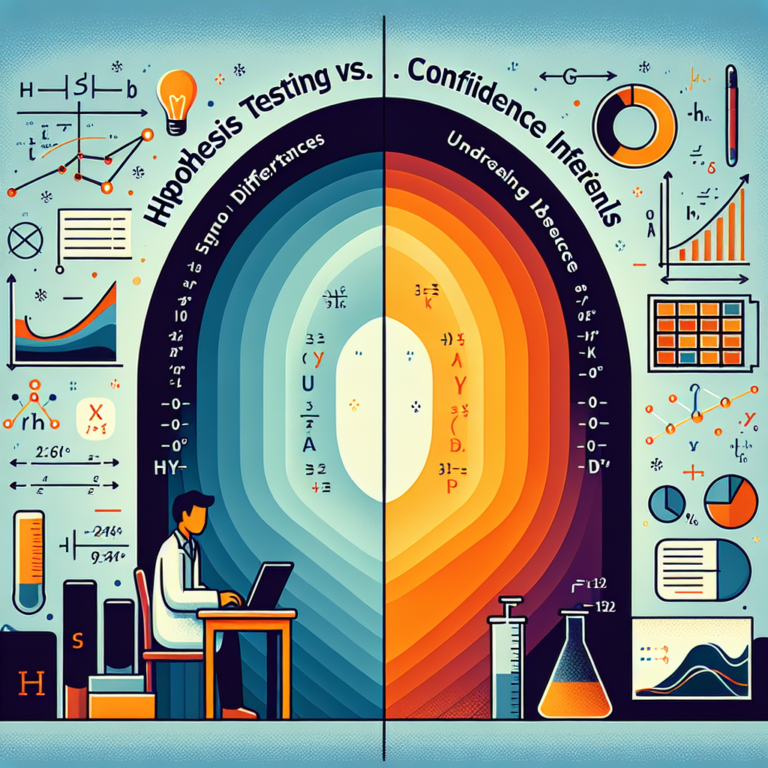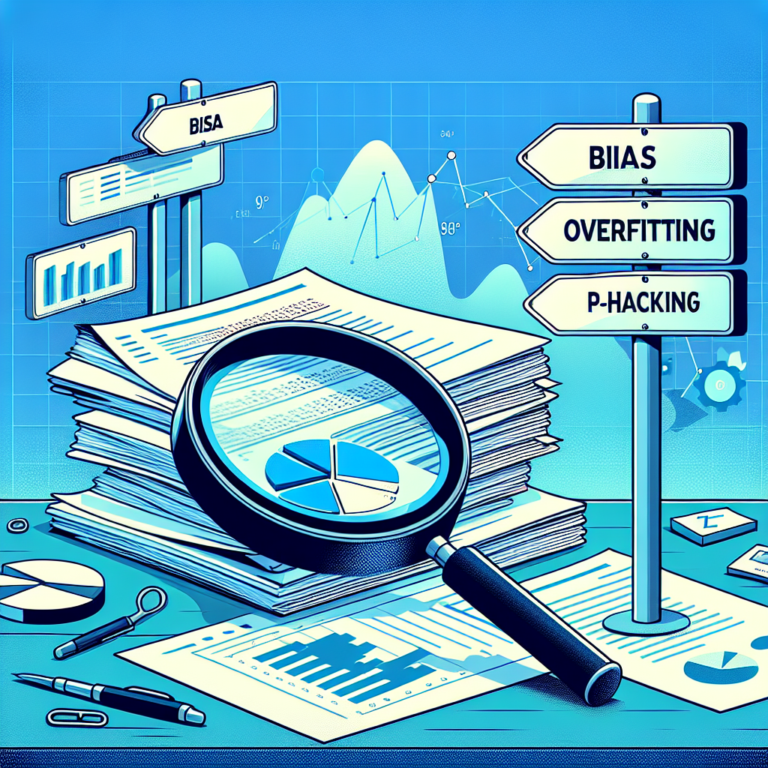Introduction
Imagine waking up on a sunny morning, filled with optimism about the day ahead. Now, contrast that with a dreary day when you faced unexpected challenges. How did these emotional states shape your thoughts, decisions, and actions? The intricate connection between emotions and cognition illuminates the pathway to understanding human behavior and decision-making. Knowing Emotions and Cognition: How Feelings Influence Our Thoughts can truly transform how we navigate our lives and enhance our well-being. This article aims to delve deep into this fascinating interplay, showcasing real-world applications, case studies, and actionable insights.
Understanding Emotions and Cognition
What are Emotions?
Emotions are complex responses to stimuli that involve physiological, behavioral, and cognitive components. They can be broadly classified as positive (joy, love) or negative (anger, fear) and are intrinsic to the human experience. The James-Lange Theory posits that physiological reactions precede emotional experiences, suggesting that we feel emotion because of bodily reactions. Conversely, Cannon-Bard Theory posits that emotions and physiological responses occur simultaneously.
What is Cognition?
Cognition refers to the mental processes involved in acquiring knowledge and understanding, which includes thought, perception, memory, and reasoning. Cognitive psychology studies how humans perceive, think, and remember. Understanding how cognition operates is essential for grasping how our feelings influence our thought processes.
The Interconnection Between Emotions and Cognition
Our emotional states significantly impact cognitive processes. When we experience strong emotions, our thoughts can be swayed or entirely altered. This cognitive-emotional link is critical when exploring decision-making, problem-solving, and interpersonal relationships. Thus, knowing Emotions and Cognition: How Feelings Influence Our Thoughts becomes vital for self-awareness and growth.
The Science Behind Emotions and Cognition
1. Emotional-Influenced Perception
Research indicates that emotions can shape our perception of reality. For instance, a study by Elliot and Niesta (2008) demonstrated that individuals in a positive emotional state were more likely to perceive neutral faces as smiling—a demonstration of "affective priming."
| Emotion | Perception Influenced |
|---|---|
| Happiness | Positive interpretation |
| Anger | Increased threat perception |
| Sadness | Heightened sensitivity to social cues |
This understanding helps navigate social interactions, revealing that our perceptions often reflect our emotional states more than our environmental realities.
2. Decision Making in Emotional Contexts
Emotions significantly influence decision-making. The Somatic Marker Hypothesis posits that emotional signals help steer decisions, especially in ambiguous situations. When faced with a choice, the emotional memories associated with past experiences can act as markers, guiding our selections.
Case Study: Studying Fear and Decision-Making
In a study by Bechara and colleagues (1997), participants with damage to their emotional processing regions still performed equally well on tasks requiring logical reasoning but struggled in real-life scenarios that necessitated fear responses. Those with healthy emotional processing learned to avoid risky choices from their emotional memories.
Emotional Influences on Thought Processes
1. Memory Recall
Emotions play a pivotal role in memory formation and recall. Emotional events are often remembered more vividly than neutral ones, a phenomenon known as the "flashbulb memory" effect. This notion posits that high-emotion experiences create strong, lasting memories due to the engagement of the amygdala in emotional processing.
Case Study: The Challenger Disaster
The 1986 Challenger Space Shuttle disaster left many Americans with vivid memories due to their emotional investment in the event. People often recount where they were and how they felt, demonstrating how emotions shape memory.
2. Cognitive Biases
Emotional states can lead to cognitive biases, where our feelings skew our thought processes. For instance, the confirmation bias may cause individuals to seek out information supporting their emotions rather than objectively evaluating facts.
| Emotion | Cognitive Bias |
|---|---|
| Fear | Catastrophizing |
| Happiness | Over-optimism |
| Sadness | Discounting positives |
Understanding these biases can aid in recognizing flawed reasoning stemming from emotional states, thus allowing for progressively rational thought.
Practical Implications: Transforming Awareness into Action
1. Emotional Regulation Techniques
Being aware of how emotions influence thoughts can empower individuals to regulate their feelings effectively. Techniques such as mindfulness and cognitive-behavioral strategies can enhance emotional awareness.
Actionable Tips:
- Mindfulness Meditation: Practicing mindfulness can help recognize emotional states without judgment.
- Cognitive Reframing: Challenge negative thoughts by reframing situations from a different perspective.
2. Enhancing Emotional Intelligence
Developing emotional intelligence can improve relationships and decision-making skills. Emotional intelligence (EI) involves recognizing, understanding, and managing one’s emotions while also empathizing with others.
Strategies for Enhancing EI:
- Self-Awareness: Regularly reflect on emotional responses to situations.
- Active Listening: Engage fully when others express their emotions to strengthen empathetic connections.
Conclusion
The intricate dance between Emotions and Cognition: How Feelings Influence Our Thoughts shapes our perceptions, decisions, and memories. Acknowledging this interplay allows for greater emotional intelligence and self-awareness, ultimately leading to improved decision-making and interpersonal relationships. By adopting practical strategies for emotional regulation and nurturing emotional intelligence, you can navigate life more effectively, leading to increased fulfillment and success.
As you venture into your daily experiences, remember that emotions are powerful tools guiding your thoughts and decisions. Harness that power to create a brighter, more fulfilling path ahead.
FAQs
1. How do emotions affect decision-making?
Emotions can serve as guides for decision-making by providing somatic markers that influence choices based on past experiences.
2. Can I change how my emotions affect my thoughts?
Yes, utilizing strategies such as mindfulness and cognitive reframing can help regulate emotional responses, leading to clearer thinking.
3. What are the long-term effects of emotional biases on cognition?
Continual reliance on emotional biases can lead to entrenched patterns of thought that may hinder personal growth and objective decision-making.
4. Are positive emotions more influential than negative ones in shaping cognition?
While both positive and negative emotions affect cognition, positive emotions often allow for broader thinking, while negative emotions can focus attention and increase vigilance.
5. How can I improve my emotional intelligence?
Improving emotional intelligence involves increasing self-awareness, practicing empathy, and enhancing communication skills through active listening and reflection.
Understanding Emotions and Cognition: How Feelings Influence Our Thoughts is not just an academic pursuit; it’s a life skill. The more we learn about this relationship, the better equipped we are to navigate our emotional landscapes, leading to a more enriched and balanced life.

